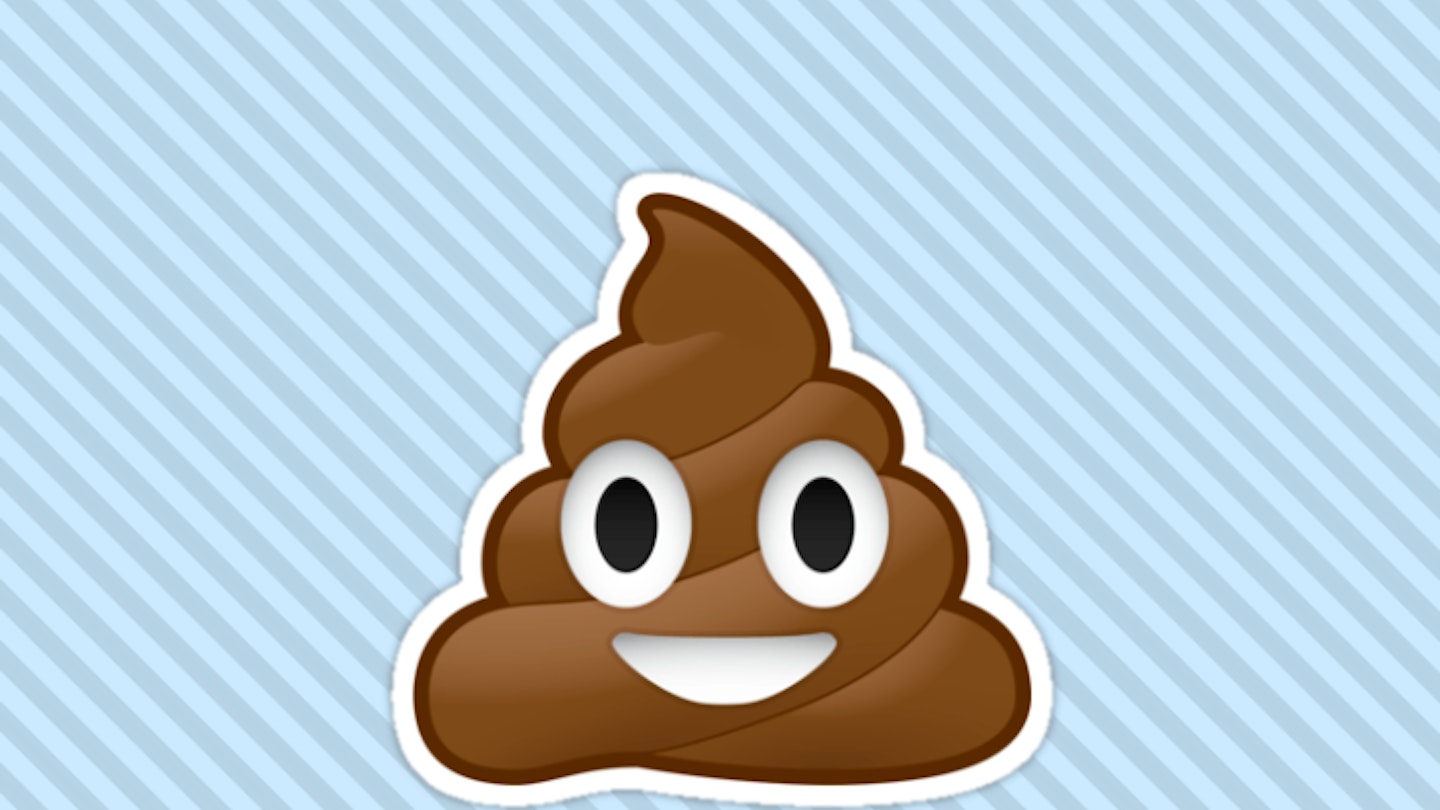Lots of mums find themselves wondering if the amount of times a day their baby poops is normal.
If you’re going through nappies quicker than you can add them to your Amazon cart, or worrying that your newborn’s bowel movements are a little too infrequent, you’re definitely not alone. In fact, you’ve only had to be stuck in a supermarket toilet once with a wailing baby on the changer, asking every woman who walks in with a buggy if they have a baby wipe, to know that it can be a problem among lots of mothers.
But avoiding cute outfit choices because you’re changing baby clothes so frequently can become tedious pretty quickly (although, in case you didn't know, working your washing machine overtime could actually help your little one fall asleep).
How much is too much to be changing nappies? When’s a good time to talk to your GP? We’ve got the bottom (sorry) of this poopy conundrum, so you can get back to ordering more nappies, pronto.
Why is my baby pooping so much?
If it feels like you're constantly changing nappies - it's perfectly normal for your baby to poop a lot. You'll find that you'll be changing the most with your newborn - 12 changes in 24 hours is totally common - but don't worry, this should soon slow down.
How long will it last?
Three to six weeks after giving birth, your baby's pooping schedule should slow down and they should start passing fewer bowel movements. Again though, every baby is different and some might take more time. Rather than frequency, you should be checking the poop's consistency for any problem signs.
Does breastfeeding affect my baby’s pooping pattern?
It is totally normal for breastfed babies to pass a stool immediately after each breastfeeding session (or even during). As the stomach fills up with milk, their intestinal tract is stimulated, which prompts a bowel movement.
This means breastfed babies usually have one to eight bowel movements a day, with an average of four. But some equally healthy babies only poop every seven to ten days (it all depends on their digestive systems).
Within a month, most breastfed newborns will have settled down to one or two bowel movements a day.
Does using formula affect my child's bowel movements?
Formula-fed babies average two stools a day but could have many more. If you’re worried, ask your GP, but it’s likely that there’s nothing to worry about.
The meaning behind your baby's poo colour:
Baby poo colour meaning
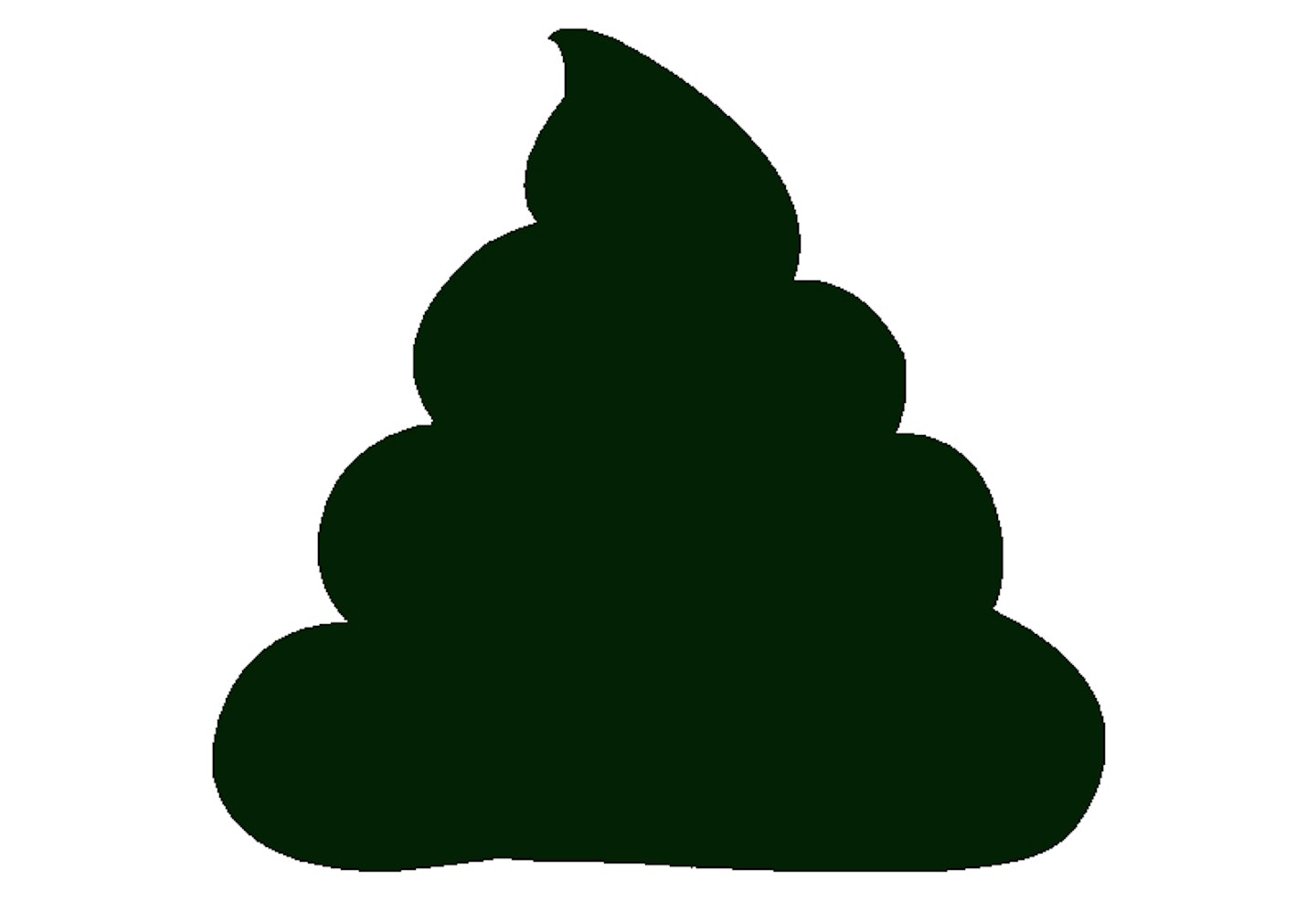 1 of 8
1 of 81) Greenish black
Meconium - a black, sticky tar-like newborn poo.
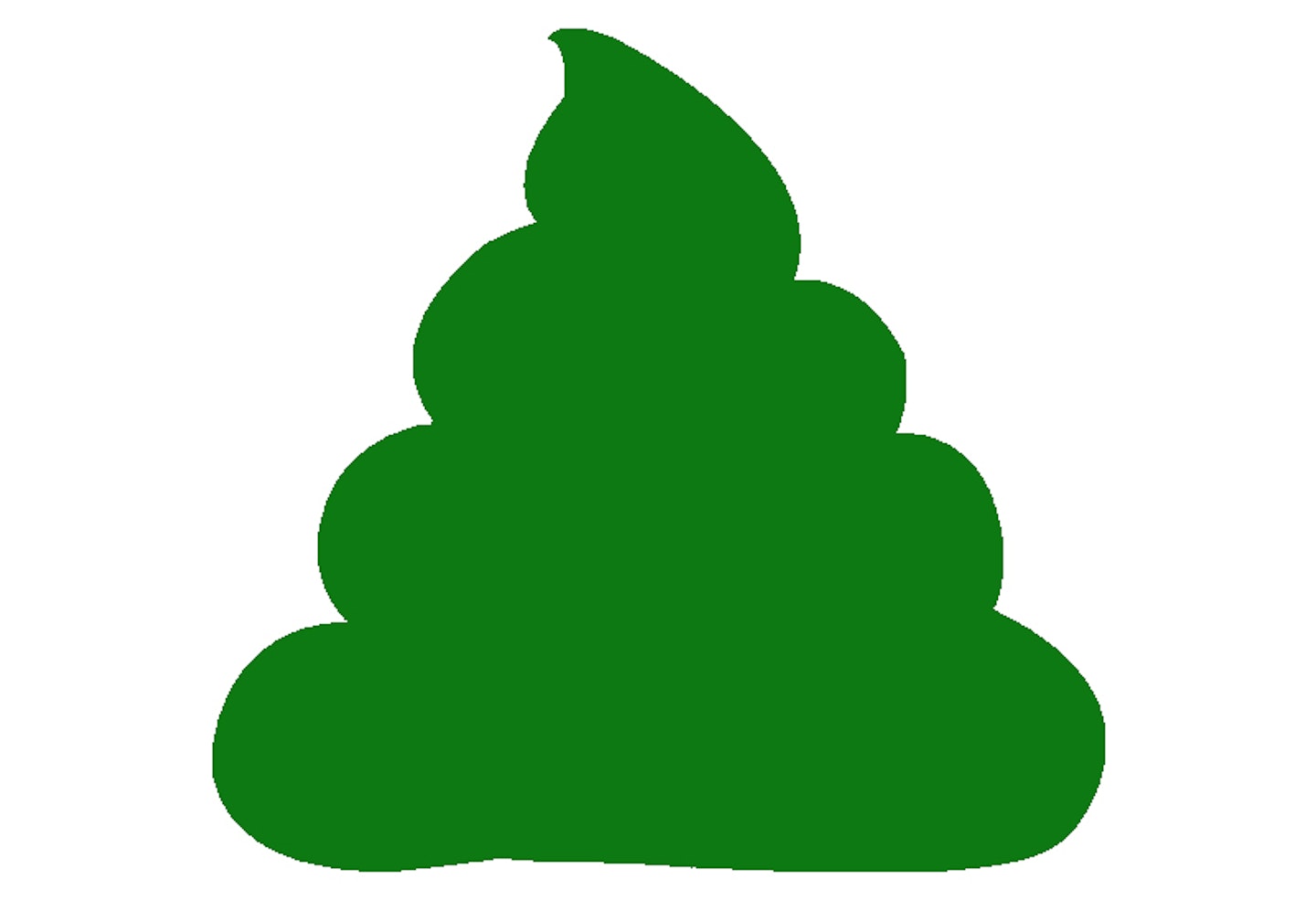 2 of 8
2 of 82) Army green
In a newborn, your baby is digesting their milk/formula.
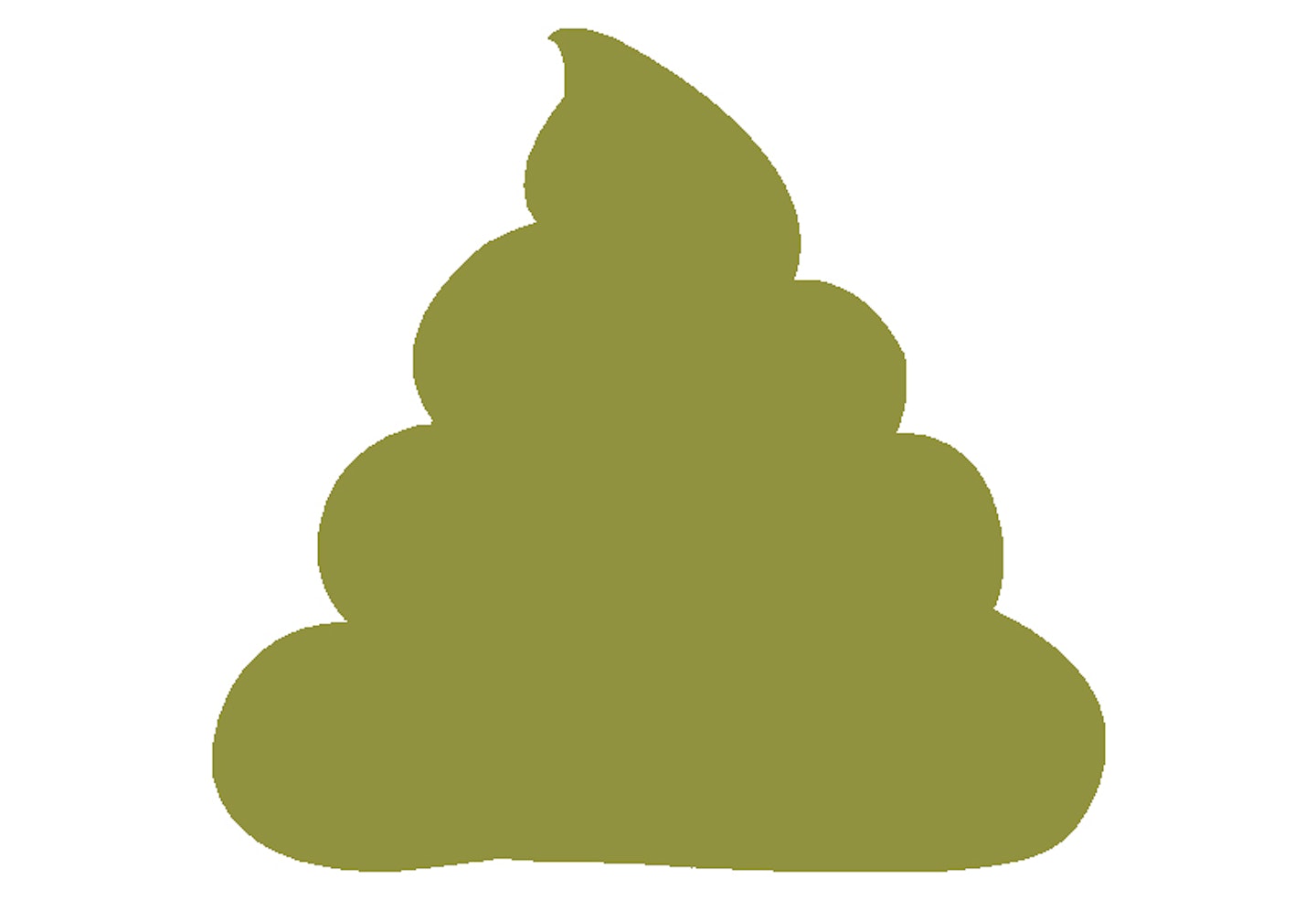 3 of 8
3 of 83) Yellow green
A normal, healthy breastfed poo. Creamy/mushy
 4 of 8
4 of 84) Bright green
Baby is not feeding properly.
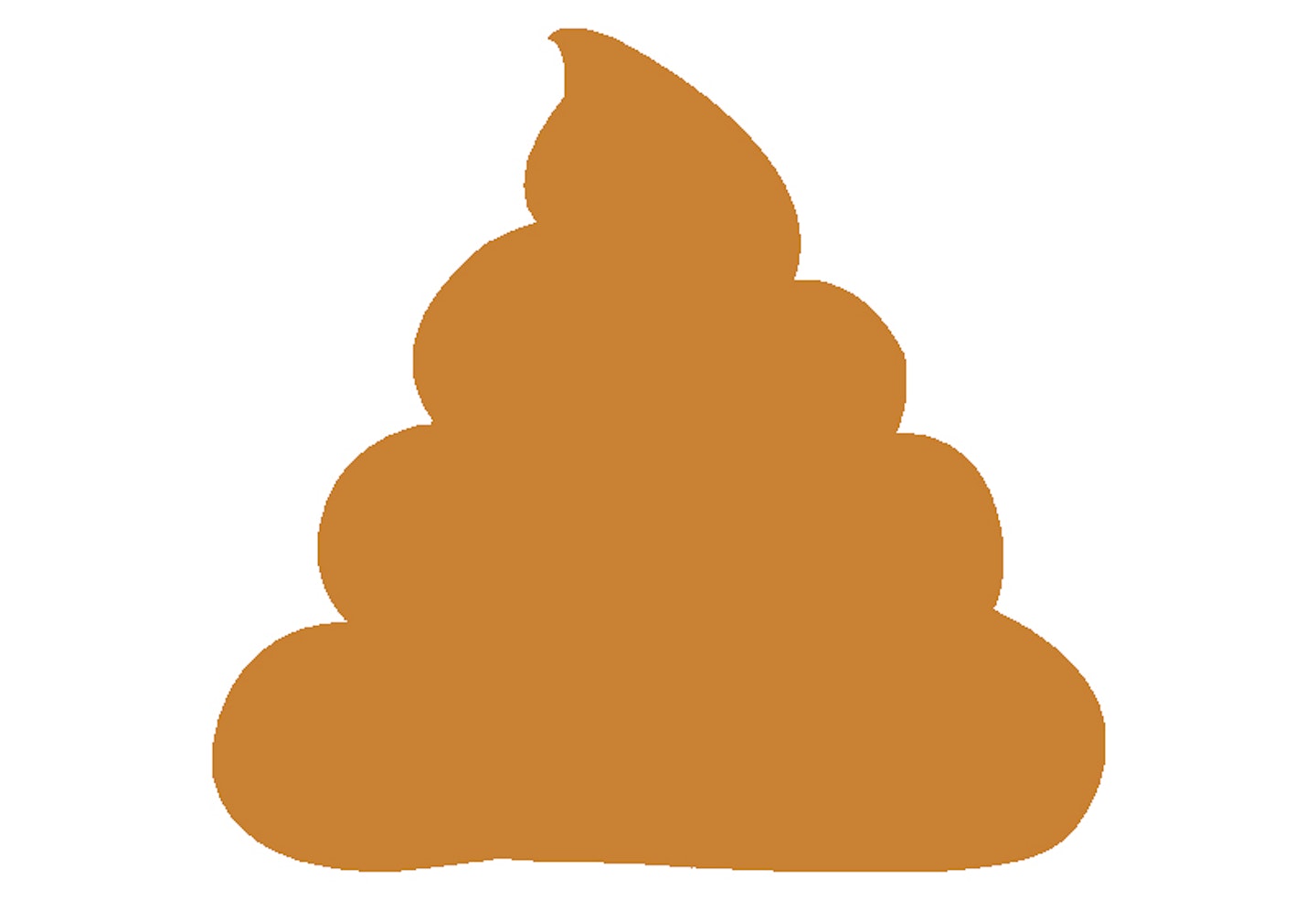 5 of 8
5 of 85) Peanut butter brown
A normal, healthy formula-fed poo.
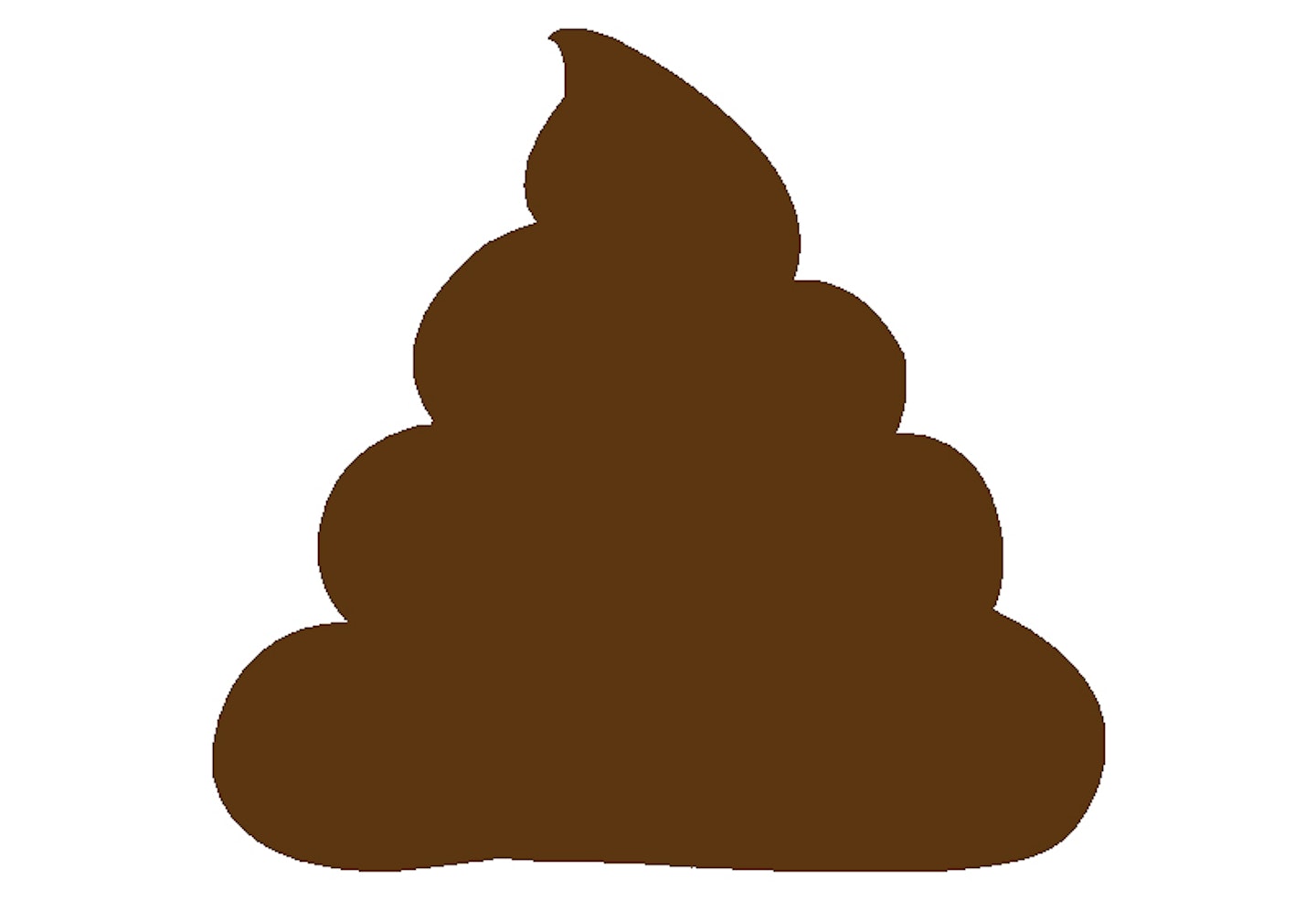 6 of 8
6 of 86) Dark brown
A solid poo. Less mushy and more pungent.
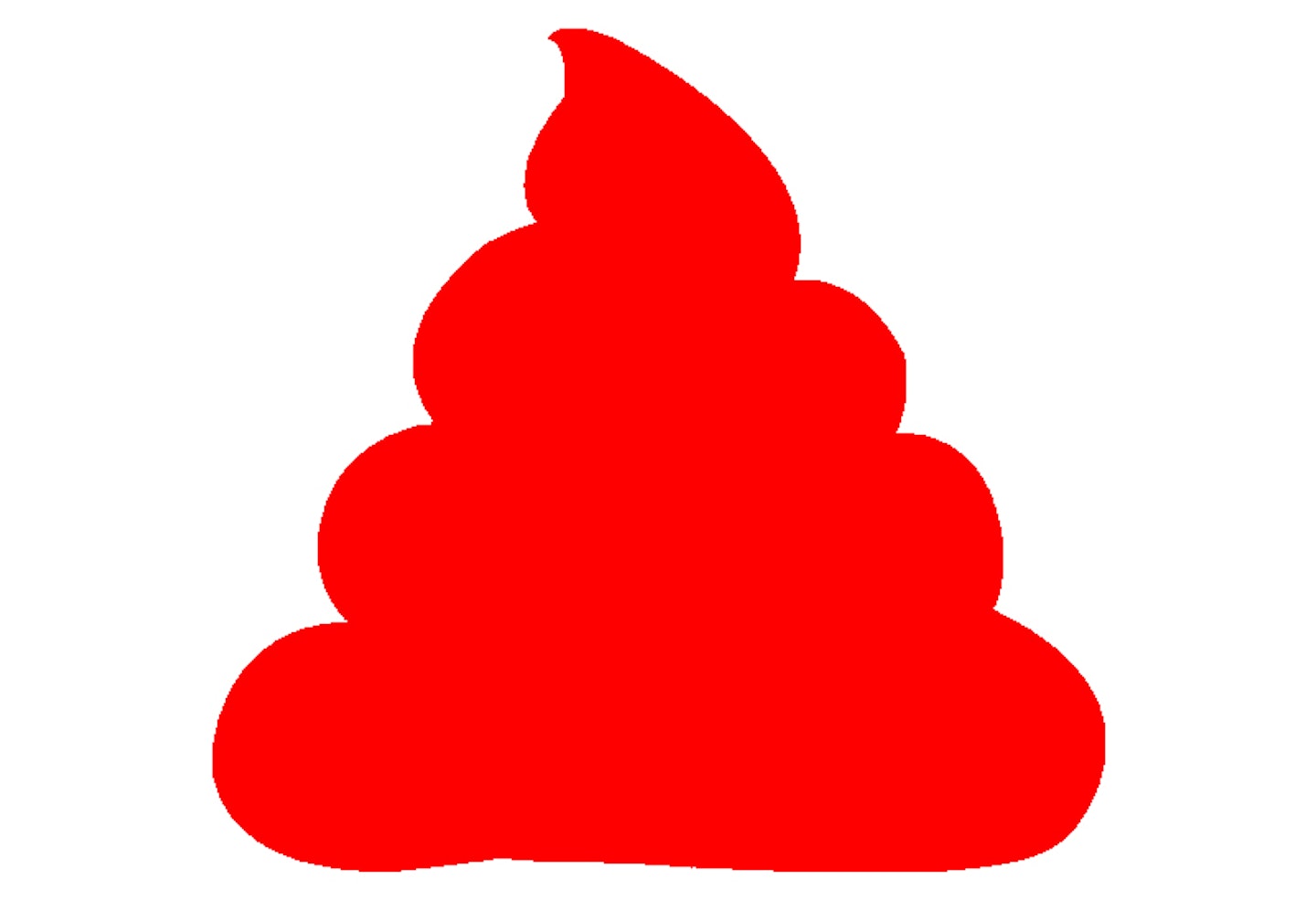 7 of 8
7 of 87) Red
If you notice blood in your baby's poo, contact your GP.
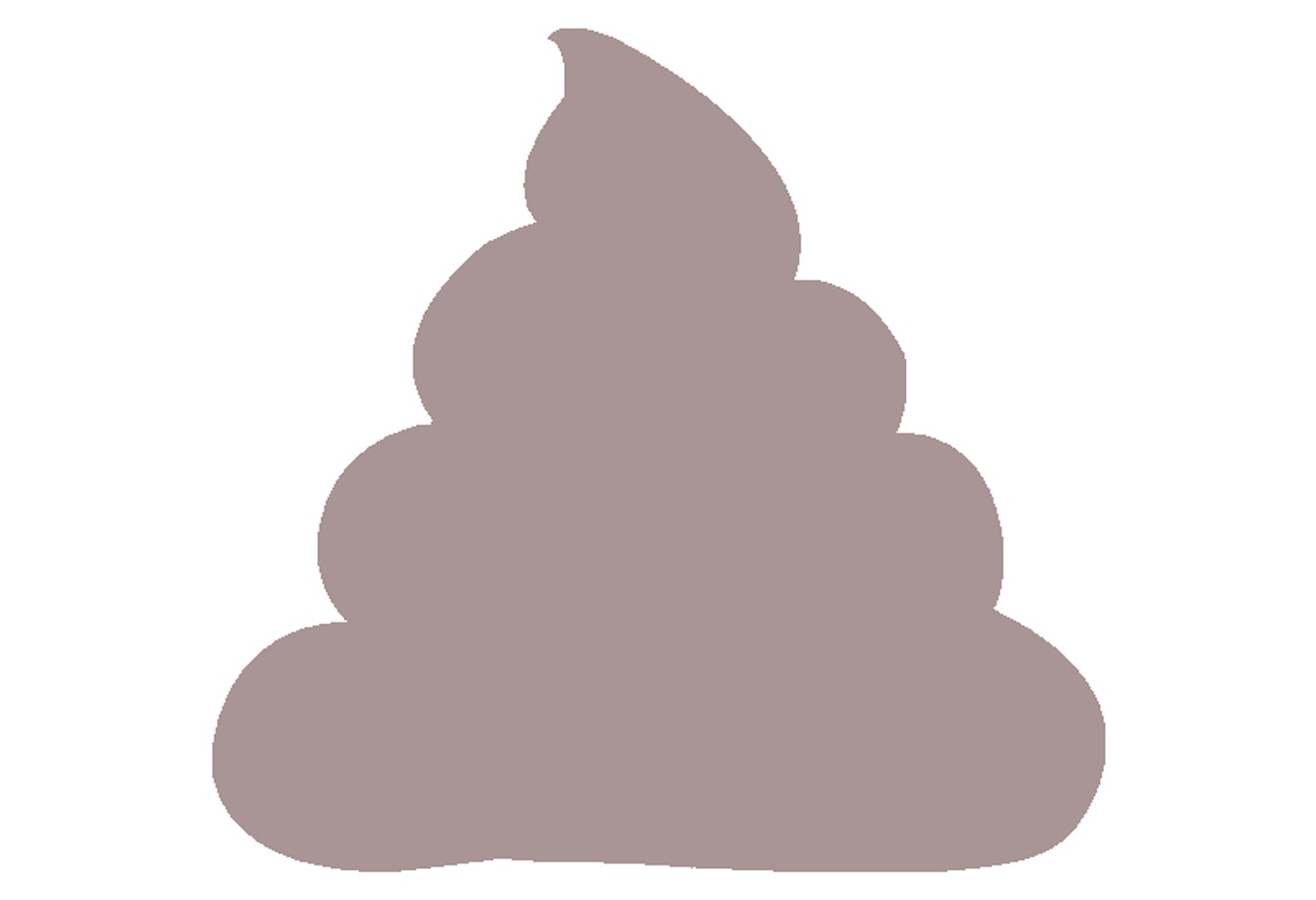 8 of 8
8 of 88) Pale/grey
Contact your GP immediately.
How can I stop the redness that comes from changing nappies too much?
Wipes can have lots of chemicals in and therefore be quite harsh on new baby skin. You could try using a washcloth and warm water to wipe with, or check out our reviews of the range of baby wipes on offer.
Why is my baby having trouble pooping?
It is totally normal for babies to strain and cry when passing a poop. This alone does not mean that they are constipated. As long as the poop is soft, everything is fine.
Breast milk contains a natural laxative, which makes a baby's poop soft. If you use formula, the texture of the poop will change to become more solid as formula is harder for babies to digest. This means it’s more likely for them to become constipated.
A healthy bowel movement should be fairly soft. A baby stool that is hard and dry may mean your baby isn't getting enough fluids, or that they're losing too much fluid due to an illness or fever. What’s a healthy bowel movement for newborns?
You might have seen the word meconium appear in baby books about being prepared for your baby's first weeks. This is the name of the baby's first stool, which is usually first passed within 36 hours of the birth. It's made up of material ingested in the womb, and is dark green or greenish-black (and pretty hard to wipe off your baby’s bottom, FYI). Soon after, your baby’s poop will become softer and lighter in colour.
How will a baby’s bowel movements change over the coming months?
As your baby heads towards their toddler years, the contents of their nappy will look quite different. Weaning will alter how frequently your child passes solids and will also change how their poops look. Refer back to our colour chart, note anything unusual and get in touch with your GP if you're concerned.
Now read:
Why is my baby’s poo green? We answer all your poop questions
